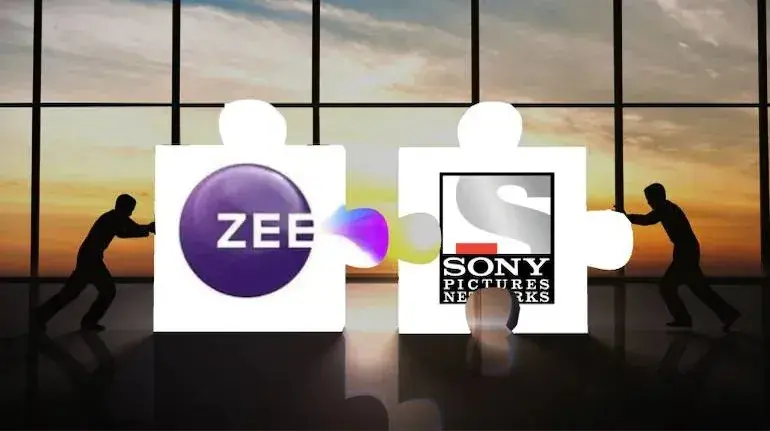Star Bulk Completes Merger with Eagle Bulk Shipping, Solidifying Position in Dry Bulk Shipping Market
Star Bulk Carriers Corp. (NASDAQ:SBLK), a leading player in the dry bulk shipping industry, has successfully concluded its merger with Eagle Bulk Shipping (NYSE:EGLE) Inc., marking a significant milestone in its expansion strategy. The completion of this merger, announced today, signifies Star Bulk’s commitment to enhancing its fleet capabilities and operational footprint in the global shipping market. Under the terms of the merger agreement, Eagle Bulk Shipping shareholders will receive 2.6211 shares of Star Bulk for each share held, leading to Eagle Bulk Shipping’s delisting from the New York Stock Exchange. This strategic move consolidates Star Bulk’s position as a key player in the dry bulk shipping sector. With the merger finalized, Star Bulk now boasts a fleet comprising 163 owned vessels with an aggregate capacity of 15.6 million deadweight tons (dwt). This diverse fleet, ranging from Newcastlemax to Supramax vessels, equips Star Bulk with the capacity to transport a wide range of bulk commodities including iron ore, minerals, grain, bauxite, fertilizers, and steel products. Petros Pappas, CEO of Star Bulk, expressed optimism about the merger, emphasizing its significance in establishing Star Bulk as a global leader in dry bulk shipping. Pappas highlighted the potential for growth and improved customer service resulting from the merger, which is expected to enhance Star Bulk’s scale and financial strength. In conjunction with the merger, Star Bulk has announced key appointments to its Board of Directors and leadership team. Gary Weston has joined the Board, while Bo Westergaard has been appointed to the leadership team. Additionally, Costa Tsoutsoplides will serve as interim Senior Advisor to facilitate business integration efforts. The merger process was facilitated by legal and financial advisors, with Cravath, Swaine & Moore LLP representing Star Bulk and Houlihan Lokey advising Eagle Bulk Shipping. Akin Gump Strauss Hauer & Feld LLP and Hogan Lovells US LLP provided legal counsel to Eagle and its Board of Directors, respectively. Following the merger, Star Bulk’s financial and operational metrics indicate a robust performance outlook. With a market capitalization of approximately $2.01 billion, Star Bulk demonstrates financial resilience. The company’s favorable P/E ratio and history of share buybacks reflect investor confidence in its value proposition. Moreover, Star Bulk’s anticipated profitability and attractive dividend yield make it an appealing investment opportunity for income-focused investors. While analysts anticipate a sales decline in the current year, Star Bulk’s strong historical performance underscores its long-term viability and potential for sustained growth in the dry bulk shipping market.








